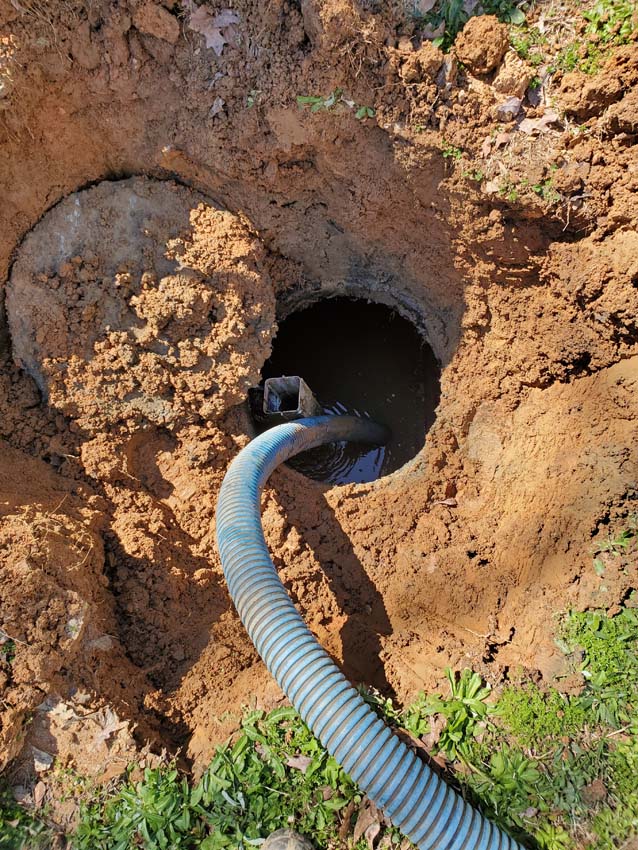In order to guarantee reliable results, it is essential to use an experienced professional for this type of inspection. They should have significant knowledge about septic systems and be able to answer any questions you may have regarding its condition. Furthermore, they need to possess up-to-date equipment in order to accurately conduct a thorough investigation into all parts of the system.
The process itself typically takes several hours depending on the size and complexity of your particular setup. During this time, the inspector will take detailed notes about any observed abnormalities or concerns that require attention before giving their final recommendation on whether your system passes or fails inspection. In some cases, additional repairs may be necessary prior to receiving certification - so it's important to choose someone who can explain not only what needs fixing but also why it needs doing in plain language.
Overall, a septic inspection and certification is a vital part of maintaining an efficient and safe sewage disposal system at home - providing peace-of-mind that everything is in working order and reducing potential risks associated with improper functioning components.
